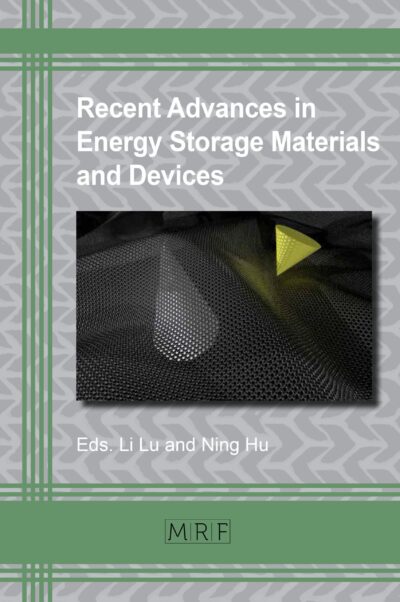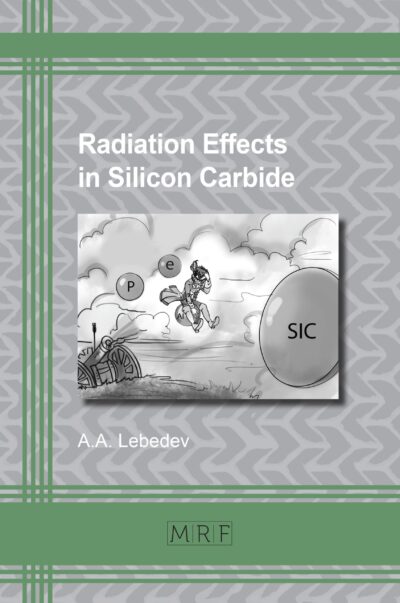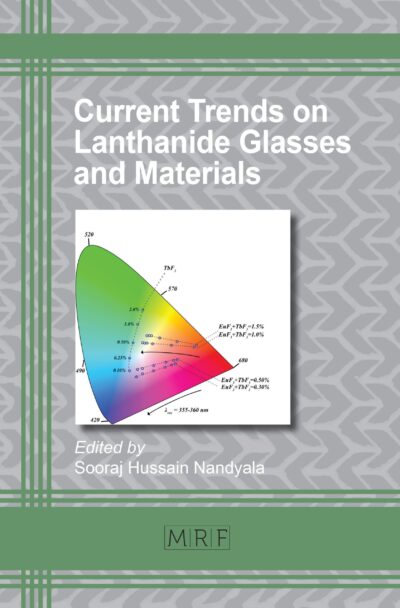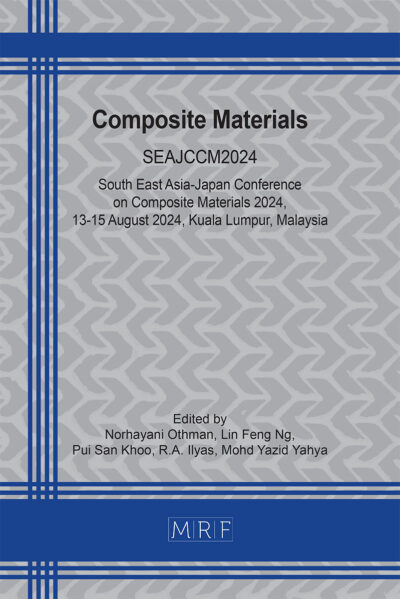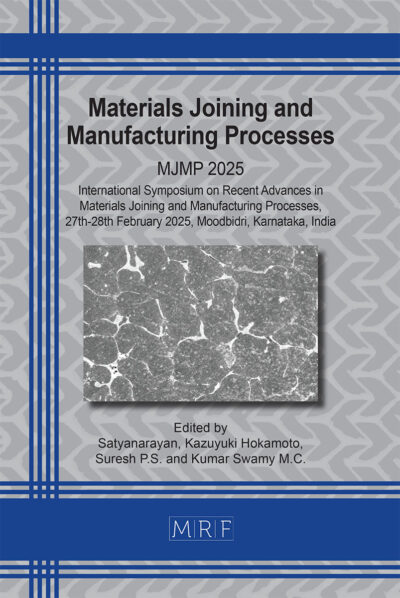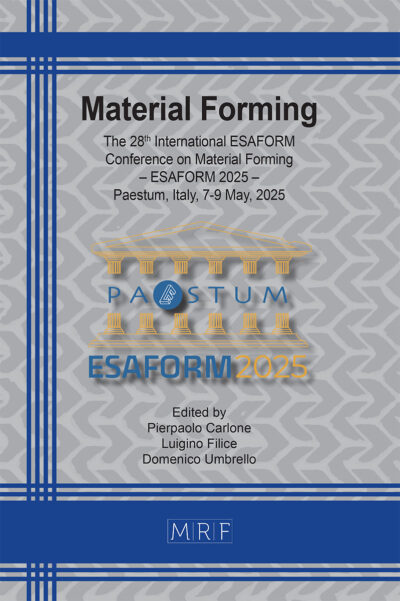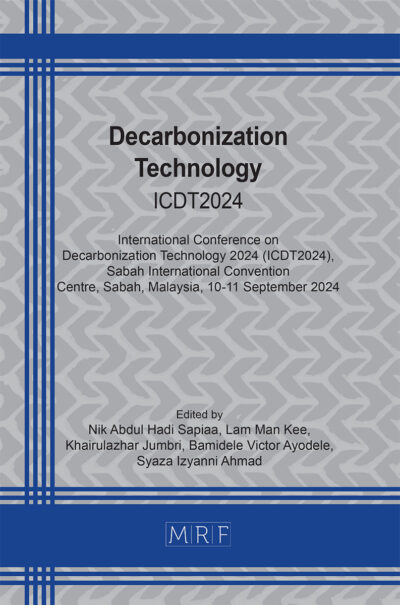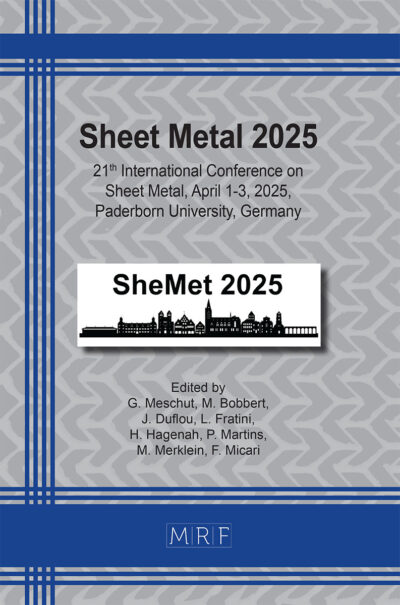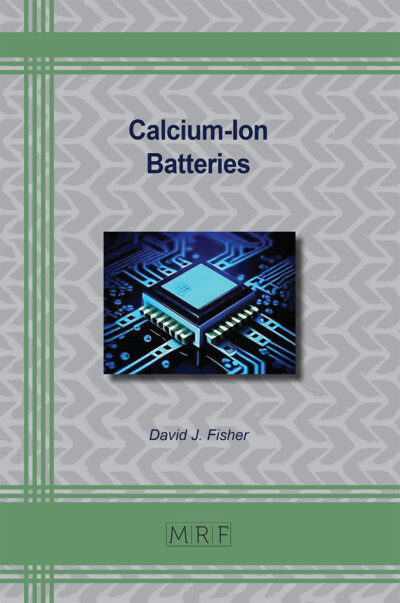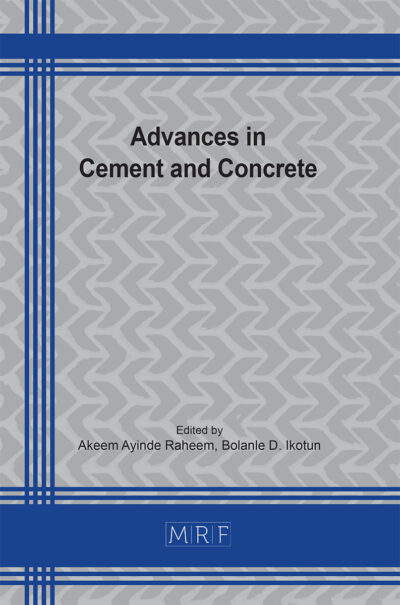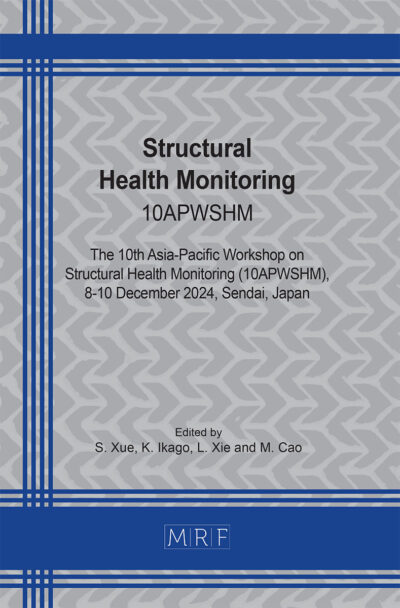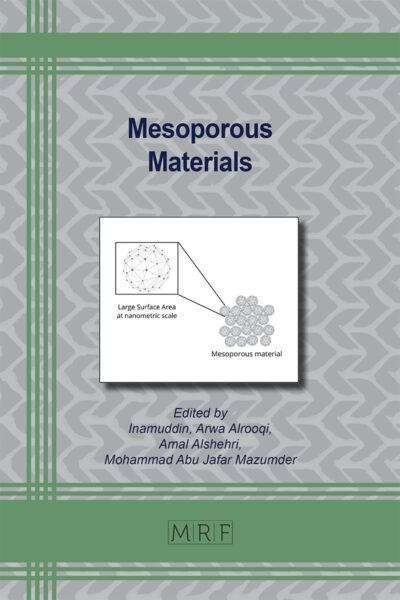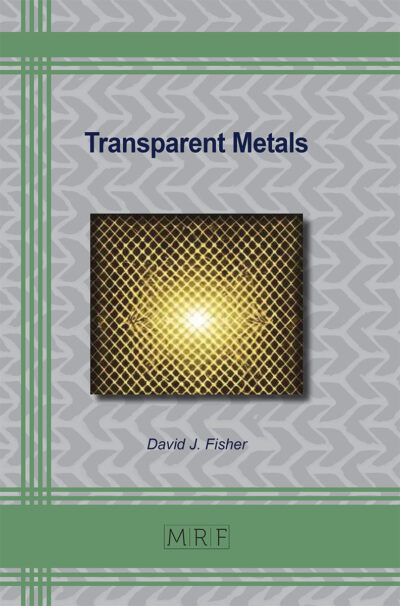Degradation of Plastics
Eds. Inamuddin, Rizwana Mobin, Mohd Imran Ahamed and Rajender Boddula
Materials Research Foundations Vol. 99
Publication Date 2021, 330 Pages
Print ISBN 978-1-64490-132-8 (release date May 2021)
ePDF ISBN 978-1-64490-133-5
DOI: 10.21741/9781644901335
The degradation of plastics is most important for the removal and recycling of plastic wastes. The book presents a comprehensive overview of the field. Topics covered include plastic degradation methods, mechanistic actions, biodegradation, involvement of enzymes, photocatalytic degradation and the use of cyanobacteria. Also covered are the market of degradable plastics and the environmental implications.
The degradation of plastics is most important for the removal and recycling of plastic wastes. The book presents a comprehensive overview of the field. Topics covered include plastic degradation methods, mechanistic actions, biodegradation, involvement of enzymes, photocatalytic degradation and the use of cyanobacteria. Also covered are the market of degradable plastics and the environmental implications.
Keywords
Degradable Plastics, Bioplastics, Biodegradable Plastics, Enzymes, Cyanobacteria, Photocatalytic Degradation, Wastewater Treatment, Degradable Plastic Market, Polyethylene, Polypropylene, Polystyrene, Polyvinyl Chloride, Polyurethane, and Polyethylene Terephthalate
Table of contents
Introduction, Past and Present Scenarios of Plastic Degradation
Neema Pandey, Bhashkar Singh Bohra, Chetna Tewari, S.P.S. Mehta, Nanda Gopal Sahoo
Biodegradable Plastics from Renewable Raw Materials
Pravin D. Patil, Manishkumar S. Tiwari, Vivek P. Bhange
Degradable Plastic Recycling
Nadia Akram, Khalid Mahmood Zia, Asim Mansha
Enzymes Involved in Plastic Degradation
S.Z.Z. Cobongela
Plastic Biodegradation
Bhupender Singu, Karuna Nagula, Pravin D. Patil, Manishkumar S. Tiwari
Recovery of Biodegradable Bioplastics from Different Activated Sludge Processes during Wastewater Treatment
S. Ghosh, S. Chakraborty
Photocatalytic Degradation of Plastic
Milan Malhotra, Lakshmi Pisharody, Ansaf V. Karim, Sukanya Krishnan
Overview of the Degradable Plastic Market
Nadia Akram, Khalid Mahmood Zia, Muhammad Saeed, Waheed Gul Khan
Plastics Versus Bioplastics
Faizan Muneer, Sabir Hussain, Sidra-tul-Muntaha, Muhammad Riaz, Habibullah Nadeem
Versatile Applications of Degradable Plastic
Anan Ashrabi Ananno, Sami Ahbab Chowdhury, Mahadi Hasan Masud, Peter Dabnichki
Biodegradable Plastics from Cyanobacteria
R.B. Sartori, I.A. Severo, A.M. Santos, L.Q. Zepka, E. Jacob-Lopes
Plastic Degradation and its Environmental Implications
Manviri Rani, Uma Shanker


